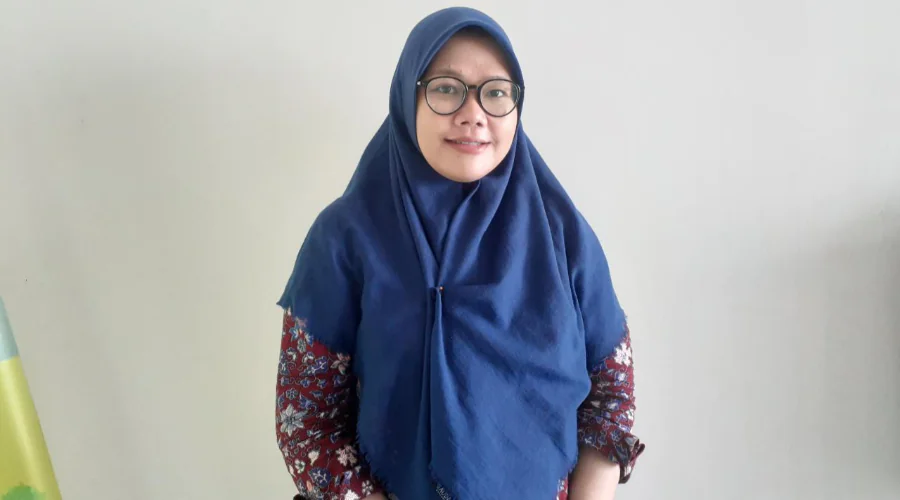
- 24 Jan
- 2022
Foto Holy Ichda Wahyuni dosen PGSD UM Surabaya (Dok: Foto pribadi)
UM Surabaya PGSD Lecturer Reveals the Importance of Sex Education in Children
Holy Ichda Wahyuni, a lecturer in Elementary School Teacher Education (PGSD) as well as an education observer at the University of Muhammadiyah Surabaya (UM Surabaya) gave a response regarding the phenomenon of students acting immorally. One of them is an immoral video of a pair of teenagers in Pacitan Square circulating on social media.
According to him, education in schools currently teaches aspects of reproductive health, but it is still very limited in the direction of not having sex and sexually transmitted diseases (STDs). There is almost no material that focuses on sexuality, consent to relationships or touching with others which is generally called consent and other issues that are sensitive and gender aware.
“Whether we realize it or not, conversations about sex in the family and at school are still very taboo. For example, when referring to reproductive organs, people still often use other names,” said Holy, the author of the novel Ratih Dialektika Rasa.
Furthermore, Holy explained that directly and indirectly teenagers who are entering puberty have a very high curiosity. Then at that time, sexual hormones are undergoing development towards maturation.
“It is during puberty that, if there is no assistance and sex education from the start, it is likely that children will seek sexual outlets in the wrong way. For example with porn videos, trying with lovers and so on, "added Holy.
At the end of his presentation, Holy added that the phenomenon of students acting immorally in parks is a complex and multifactorial systemic problem. This is because the way of prevention is not only in terms of tightening monitoring of parks and public places.
"Tightening monitoring of parks or public places is actually just one of many ways to deal with it. Because perpetrators will still have opportunities to commit immoral acts elsewhere, so this can be addressed starting from strengthening personal character, especially sex education in schools," he concluded.










(0) Comments